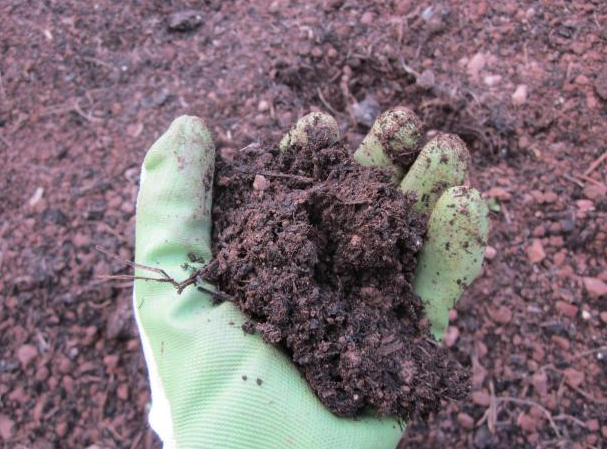Before you extend your home deck, you have several things that you have to think about. Most people concentrate on the actual construction of the deck, but the soil type is something you have to consider. Here’s some information about soil types so you can make the right decisions before you have your deck built.
Soil Type and Deck Slab
The type of soil you have is going to determine the type of slab that is going to be used. You need to understand geotechnical engineering as well as the type of soil that the structure is going to be built on. You want the deck to stand the test of time and to be strong and sturdy, so you need to understand that the various soil types. If you don’t test the soil, you may have a structure that is unstable. the foundation of the deck is the most important part of the deck and it’s one of the critical factors that you have to take under consideration before you actually start building the deck.

Water and Soil
If you want to avoid long-term problems with your deck you must understand the water because the soil will change in volume as it absorbs water. Some types of soils will be eroded more frequently by water and this erosion can impact the foundation of the deck. Here’s a little bit more information about various soil types that you need to understand before you build the deck. Please talk to a professional so you know what type of soil you have before you build. Many of these problems can occur if you don’t have proper soil testing done.
Class A Soil
This class of soil is generally accepted its mostly Rock and Sand and has little or no actual ground movement when there is a change in moisture.
Class S Soil
This soil type is satisfactory and there will be slightly reactive clay and some slight ground movement when there are changes in moisture.
Class M
This is a moderately reactive clay or silt soil. There can be moderate changes in the ground when moisture is present.
Class H1 and H2
These soil types are very reactive and there can be high movement of the ground when there is a change in moisture.
Class E
This soil type is extremely reactive. There can be a lot of ground movement when there is a change in moisture.
Class P
This type of soil can percent a problem when you build. There may be soft clay, loose sand, or silt present and there can be a lot of corrosion. this type of soil classification is done when no other classification of soil presents itself as suitable.
Get Inspected
You want to have your soil type inspected prior to building the deck. You need to know the proper classification of your soil prior to building so you can ensure that not only the foundation for the deck will be secure, but the deck is going to last a long time and is not going to be a lot of movement in the soil or other problems present. You don’t want to run into a problem with your deck, to ensure that it is properly tested before you build so you know exactly what you’re dealing with.
Looking for a good building and pest inspector? Look no further than Bruin Pest Control Brisbane